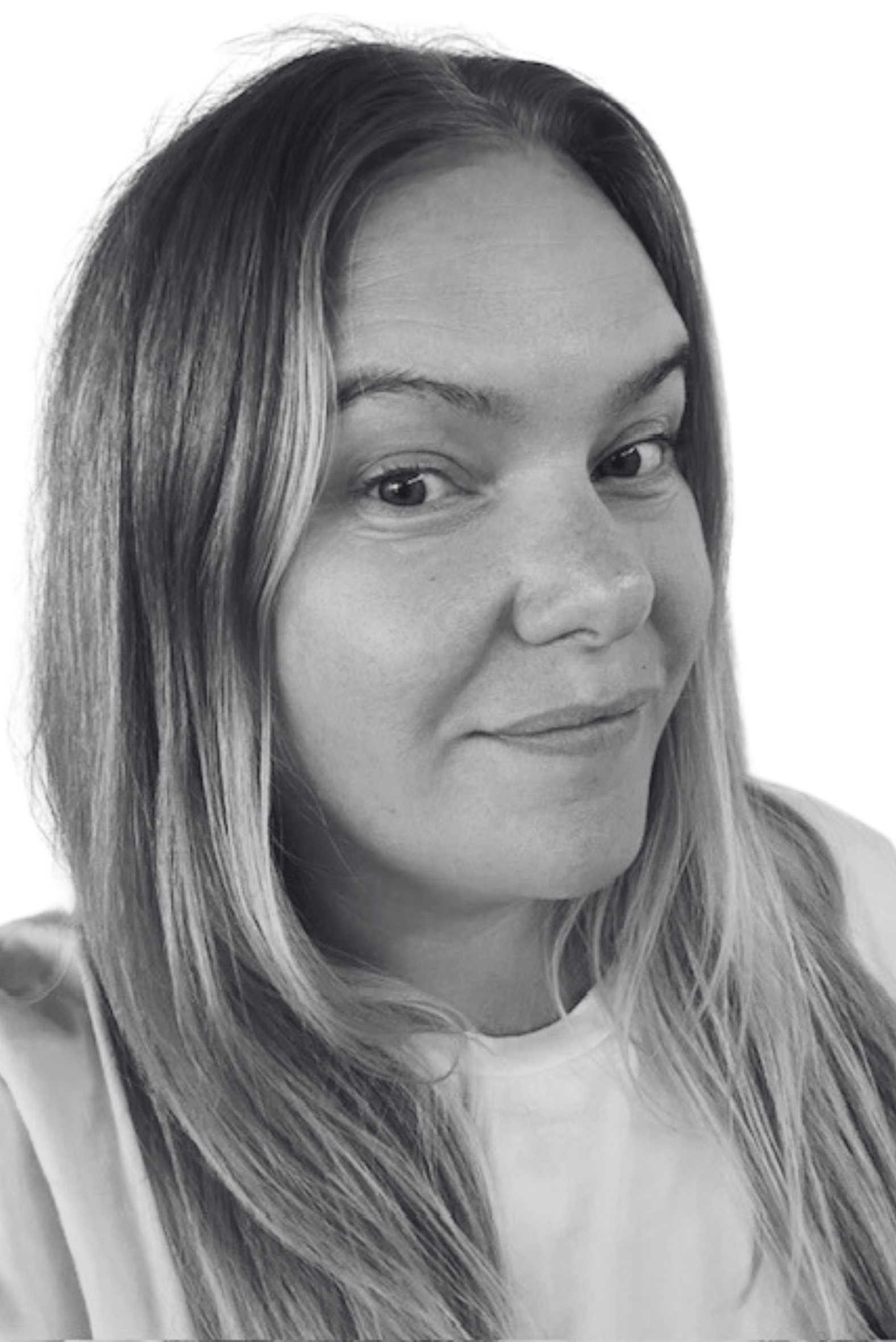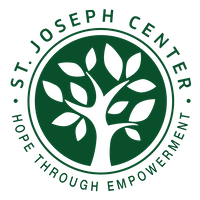Rewriting the Code: From Struggle to Building a Better Future For My Family
April 3, 2025
Personal History: Finding My Path
My journey to adulthood began alongside my journey to America. In 2006, a few years after graduating high school in Stockholm, Sweden, I embarked on a path of independence—working, securing my own space, and embracing the excitement of early adulthood. Eventually, I enrolled in college to study education, but something felt missing. Seeking a change, I took a vacation to California, a decision that would alter my path forever.
In 2007, I moved from Stockholm to Los Angeles to study Art History. As an international student, I navigated a new culture, language, and academic system, eventually graduating with an AA with honors in 2010. The transition was both thrilling and challenging, requiring me to build a sense of home far from the familiar.
During this time, I met my then-partner, a first-generation Mexican-American. His Latino family embraced me with warmth, making Los Angeles feel less like a temporary stop and more like a place where I could belong. Yet, I became increasingly aware of the stark differences in our experiences. While I struggled with homesickness and cultural adjustments, I did not face the systemic barriers that shaped his family’s reality. My Swedish background afforded me privileges I had not fully understood until I saw firsthand the inequities that many immigrant families and marginalized communities endure. These experiences deepened my understanding of how race, ethnicity, and systemic structures shape access to opportunity, shifting my perspective on building a life in a society that does not treat everyone equally.
Resilience Through Hardship
Like many young adults, I worked in retail, navigating unpredictable hours and low wages while trying to build stability. When my first child was born, returning to work was nearly impossible—childcare costs exceeded my earnings. In California, the average annual cost of infant care is over $16,000 (source: mykidreports.com), making workforce participation unsustainable for many parents, including me. The choice was not career versus parenting; it was survival.
As financial strain deepened, I pivoted to remote work, taking on social media evaluation, translation, and transcription jobs. It was neither glamorous nor easy, but it gave me the flexibility to be present for my child while contributing financially.
When my second child was born, our situation became even more precarious. With my family in Sweden and my partner’s family miles away in the Coachella Valley, I managed everything alone—two young children, a household, and the constant anxiety of making ends meet. My partner, working long hours to support us, was rarely home, leaving me overwhelmed by the demands of childcare and financial stress.
A Second Chance: Rebuilding My Future Through Tech
As I searched for a way to provide stability for my family, a friend introduced me to CodeTalk, a program designed to equip women with in-demand tech skills. It felt like a lifeline—an opportunity to build a sustainable future for my children and myself.
Initially, I had to decline due to a lack of childcare, a devastating setback. But the director of St. Joseph Center’s Education and Vocational programs encouraged me to exhaust all possible resources and reapply. I did, and in March 2020, I earned my certificate from CodeTalk.
The timing was pivotal. My partner’s mental health had deteriorated, and I found myself on my own, juggling childcare, remote work, and household responsibilities. Through it all, I refused to let go of the future I was fighting for.
In December 2021, everything changed when St. Joseph Center offered me a full-time position as their web developer. I cried—not just from joy but from relief. Relief that I could finally sign a lease, provide for my children without fear, and stand on my own two feet.
CodeTalk: More Than Just a Coding Bootcamp
CodeTalk is a hands-on web technology training program designed for low-income, underemployed, and underserved women. Over 16 intensive weeks, students gain in-demand tech skills, career tools, and real-world support from industry professionals. But it’s more than just learning to code—CodeTalk fosters confidence, resilience, and community.
For me, CodeTalk wasn’t just a training program—it was a turning point. It provided a career path I never thought possible, connected me with mentors who genuinely cared, and introduced me to a community of women who understood my struggles. Even now, as a single parent balancing work, school, and life’s unpredictable challenges, I lean on the skills and confidence I gained from the program.
Programs like CodeTalk address the unique challenges women face in entering the tech industry. They provide not only technical skills but also a supportive community and mentorship, both crucial for women navigating male-dominated fields. These programs are vital to closing the gender gap in tech.
Why Supporting Women in Tech Matters
Investing in women in tech is not just about helping individuals—it’s about strengthening entire communities. Women in tech bring fresh perspectives, drive innovation, and create inclusive work environments. Yet, the barriers to entry remain high. According to the National Girls Collaborative Project and the American Association of University Women (AAUW), respectively:
- Women make up only 34% of the science and engineering workforce.
- A persistent gender pay gap remains in STEM, with women earning significantly less than their male counterparts.
This underrepresentation does not just limit women’s opportunities—it deprives the tech industry of diverse perspectives.
Supporting women in tech means:
- Breaking cycles of poverty: Tech careers provide higher wages, stability, and opportunities for advancement.
- Closing the gender gap: The industry thrives when diverse voices shape innovation.
- Fostering mentorship and support networks: When women uplift one another, it creates lasting change.
Companies and organizations can take meaningful steps by funding scholarships, offering mentorship programs, and actively hiring diverse talent.
The Future is Bright: The Ripple Effect of Support
Before tech, I was juggling unstable gigs, struggling to afford childcare, and feeling trapped in a cycle I could not break. Today, I have gained financial stability, I am growing my career in web development and data science, and showing my children that resilience pays off.
Transitioning from financial instability to a career in tech—thriving in my full-time employment and advancing my education in data science at UCLA Extension—has been a journey of perseverance, opportunity, and mentorship. Programs like UCLA x CareerBridge help make these opportunities more accessible by providing adults from diverse communities with professional training for in-demand careers. Their goal is to extend access to education by removing financial barriers through partnerships and grant funding provided by the State of California.
For me, CodeTalk and continued education through UCLA Extension have not only given me the technical foundation to enter the workforce but also opened my eyes to new possibilities. They have shown me that my learning journey does not have to stop—I can continue building my skills to create even greater opportunities for myself and my children.
If you are a woman considering a career in tech, seek out programs like CodeTalk and UCLAxCareerBridge. Your background does not define your future.
If you are in a position to hire, invest in diverse talent. The industry needs more voices like ours.
By uplifting women in tech, we are not just shaping careers—we are transforming lives, families, and communities. By investing in women in tech, we’re not just opening doors—we’re building a future where opportunity is truly accessible to all.

